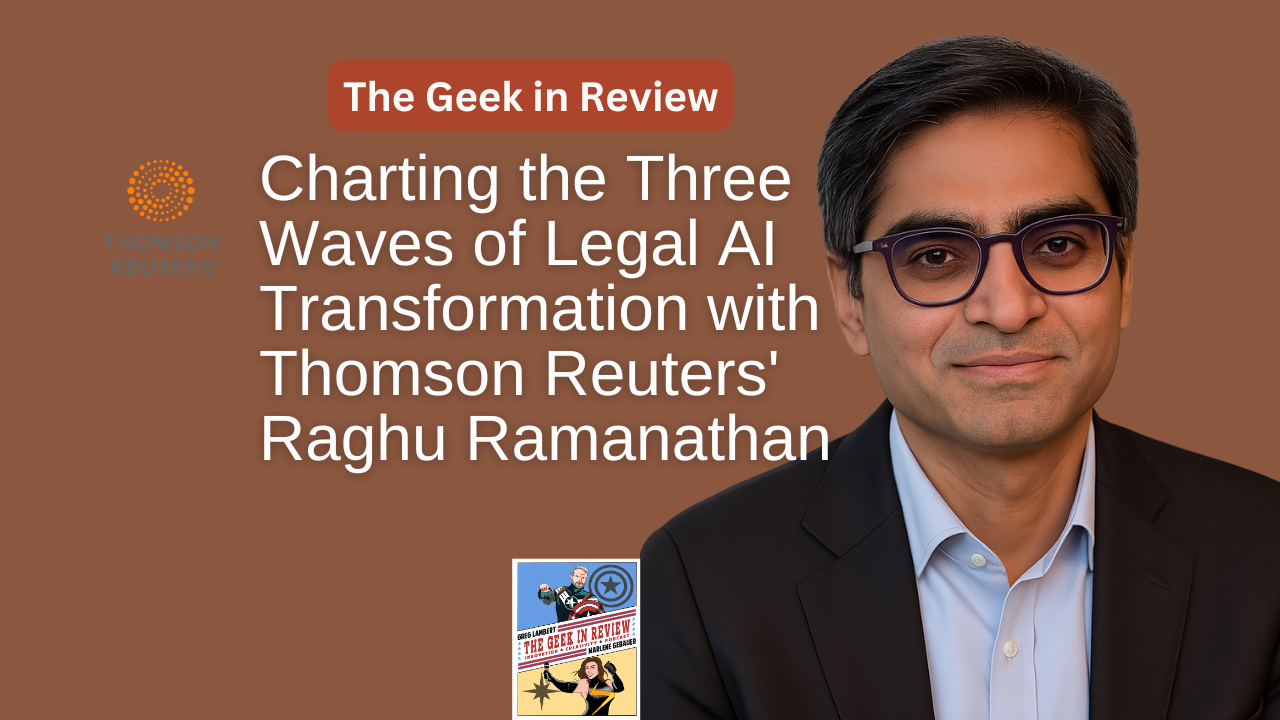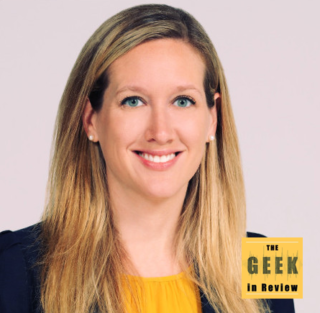This week, we sit down with Kenzo Tsushima, Managing Director of Mind Factory at Morae, to discuss how AI is transforming legal operations and consulting services. Kenzo shares his unique career journey, blending a passion for technology with legal expertise, and highlights why the legal industry is positioned to leverage AI advancements more quickly than heavily regulated sectors like healthcare. With a background that spans consulting leadership and GC roles, Kenzo offers a rare dual perspective on how law firms and corporate legal departments can future-proof themselves by embracing emerging technologies like MorAI, Morae’s proprietary AI platform.
Kenzo discusses the creation of MorAI, launched in mid-2023, as a response to widespread legal tech “decision fatigue” — where an abundance of AI tools overwhelms buyers. Rather than pushing generic solutions, Morae designed MorAI around highly specific legal workflows such as contract review, RFP response automation, and internal helpdesk queries. Kenzo emphasizes the importance of “solutionizing” AI: showing real, targeted results rather than relying on hype. Using examples like their Helpdesk module, Kenzo explains how legal teams can instantly boost efficiency by querying historical RFP responses and deploying AI for natural language document reviews, significantly reducing administrative burdens across legal and procurement functions.
A strong advocate for servant leadership and human-centric AI adoption, Kenzo outlines how Morae’s approach goes beyond technology — focusing heavily on change management and upskilling legal professionals. Through programs like SEEDS (Skill Enablement Employee Development Series), Morae invests in developing both consulting and technology skills among its team. Kenzo notes that traditional legal professionals, often unfamiliar with public speaking or technology tools, can thrive when given structured, bite-sized learning opportunities. This consultative-first mindset, he argues, not only improves client outcomes but creates a more resilient and engaged workforce.
Addressing cybersecurity and data privacy concerns, Kenzo details Morae’s use of private Azure instances and multiple legally trained LLMs to ensure client data security and confidentiality. Unlike public AI tools, MorAI is designed to be a trusted legal companion that never co-mingles client data or trains on external internet content. Kenzo also explains why Morae’s strategy of multi-LLM deployment (leveraging OpenAI, Anthropic, and others) future-proofs clients against rapid developments in AI models — ensuring their legal technology stacks remain agile and powerful over time.
Finally, Kenzo shares his insights on the challenges ahead for the legal industry: decision fatigue, resistance to change, and the crucial need to align with younger generations’ expectations around technology use. He urges law firms and corporate legal departments to rethink build-vs-buy strategies, embrace commercially available solutions, and foster AI champions within their organizations. As new roles like legal engineers and prompt engineers emerge, firms that support AI-enabled upskilling and servant leadership will not just survive — they will lead the next era of legal innovation.
Listen on mobile platforms: Apple Podcasts | Spotify | YouTube
[Special Thanks to Legal Technology Hub for their sponsoring this episode.]
Blue Sky: @geeklawblog.com @marlgeb
Email: geekinreviewpodcast@gmail.com
Music: Jerry David DeCicca
Transcript
Continue Reading Kenzo Tsushima of Morae on Innovation, Change Management, and Servant Leadership





 We talk shop with
We talk shop with  Dentons Nextlaw Labs
Dentons Nextlaw Labs


